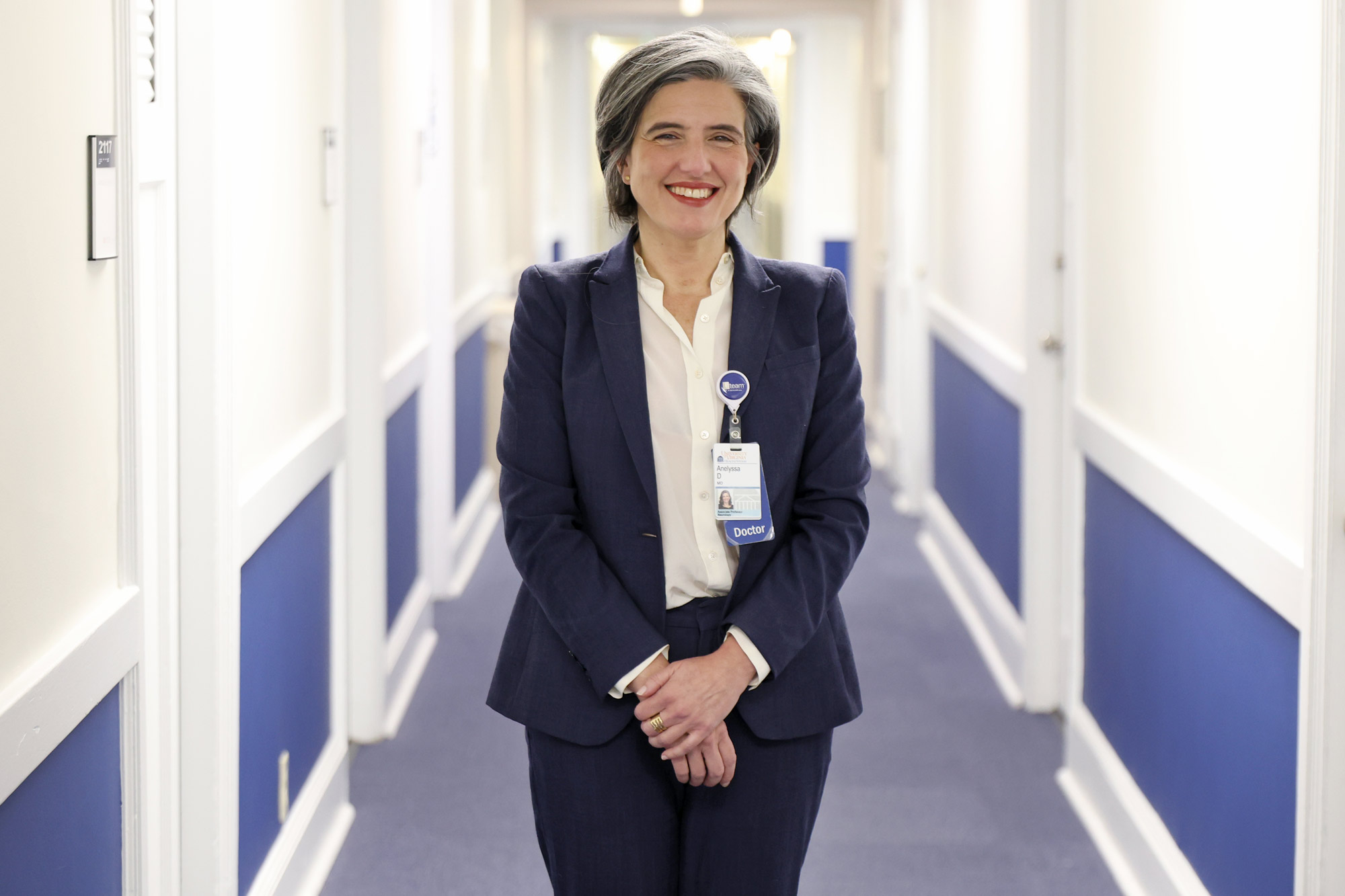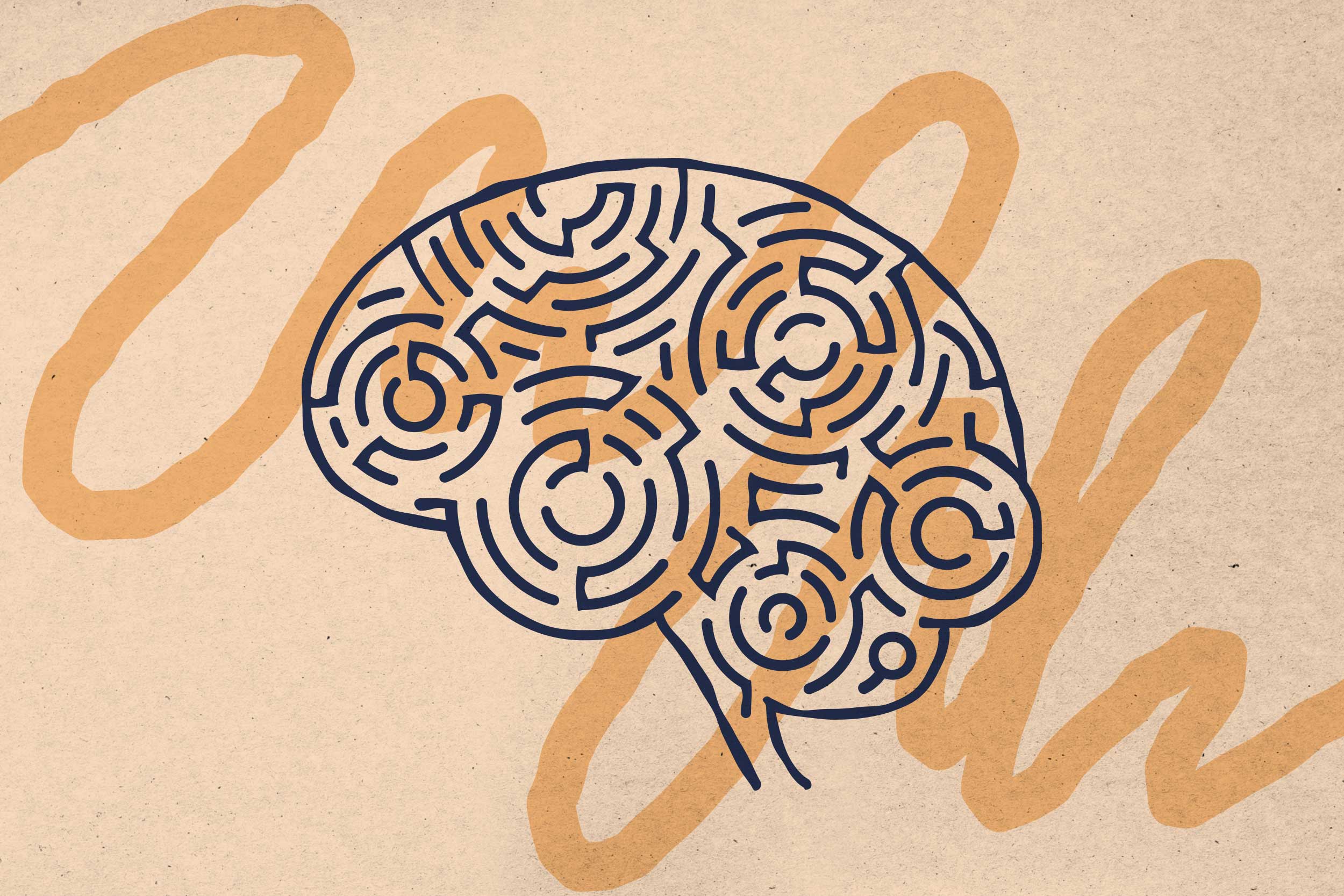Studies predicting growing cases of dementia have been in the news lately.
UVA Today recently brought you the results of a University of Virginia study that found Generation X – people born between 1965 and 1980 – are at heightened risk for dementia because of the widespread use of leaded gasoline when they were growing up.
Then last week, a large study published in the journal Nature Medicine predicted the number of dementia cases will double to 1 million people a year by 2060, because of the aging population. It also found new cases among Black communities will nearly triple.
Dr. Anelyssa D’Abreu, an associate professor of neurology in UVA’s School of Medicine who specializes in geriatric neurology, talked with UVA Today about the newest study and shared ways people can reduce their risk of developing dementia, most often linked to Alzheimer’s disease.
Q. Is this finding in the journal Nature Medicine something you saw coming?
A. I don’t think this is really surprising because we know the population is aging. Age is the strongest risk factor for the development of dementia.
Q. Why is the number of new cases of dementia among Black Americans predicted to triple?
A. I think it’s disparities in health care. If you think about the incidence of diabetes, high blood pressure and health care access, we know there are disparities for both Black Americans and Hispanics as well.
Q. Is there a cure for dementia?
A. No. We do have some hope. In the past two years, we have new treatments for Alzheimer’s disease that slow the progression of the disease. Even if you think it’s a minimal effect, it’s still something that we never had before.

Dr. Anelyssa D’Abreu, an associate professor of neurology, has been on staff at UVA Health since 2020. (Photo by Matt Riley, University Communications)
Q. What are some things people can do to lower their risk of getting dementia?
A. There is definitely an association between hearing loss and dementia. People should be evaluated for hearing loss. And if they do and hearing aids are recommended, they should be treated. There is some evidence this is beneficial and might prevent cognitive decline, especially in patients who are already at high risk for having other disorders.










